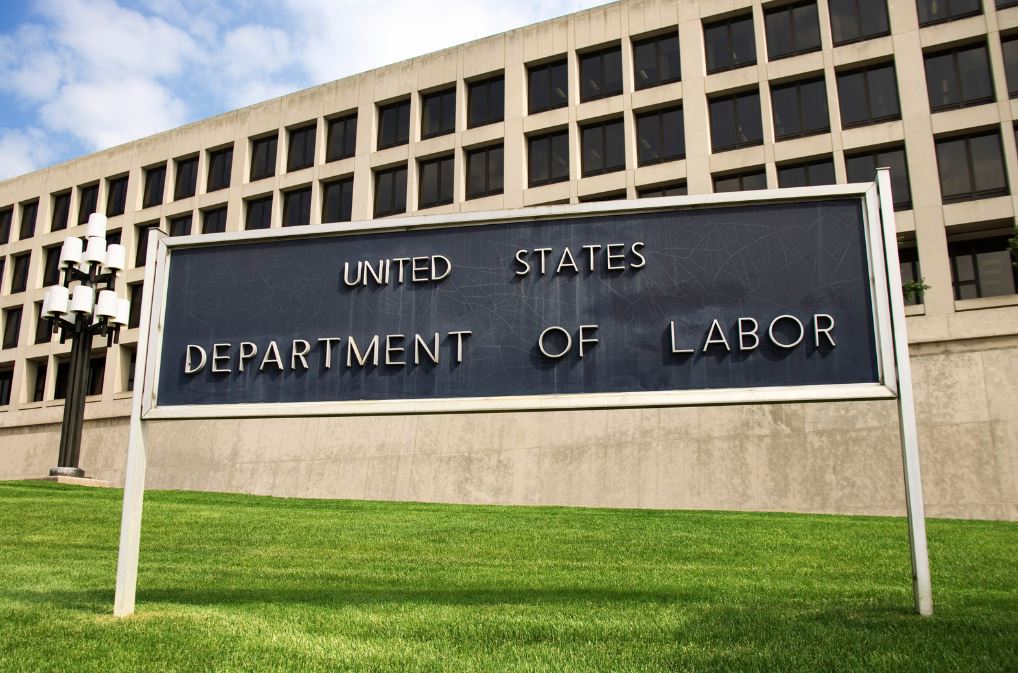Payroll & Tax Regulations for Small Businesses
Hiring staff? Good for you! It means your business is thriving. Now is the time to get up to speed or reacquaint yourself with any labor laws you’ll need to be compliant with. Labor laws were created to protect employees’ rights. If you’re vigilant, you can avoid financial headaches. Here’s some advice to stay on track with labor law requirements:
- What state and federal labor laws apply to your business? While federal laws apply across the country, there are variations based on your specific situation—work with qualified experts. For example, you will have to post notice requirements for the Age Discrimination in Employment Act if you employ 20 or more workers. In addition, each state has its own rules.
- Create a compliance checklist. You’ll likely be required to place both state and federal labor law posters in prominent places in your workplace.
- Compile an employee handbook. Give your employees helpful information about their rights and benefits while helping reduce misunderstandings. Update it as laws and policies change, and make sure every employee has acknowledged in writing receiving the handbook and updates.
- Perform a job discrimination self-audit. Discriminatory practices can open you up to potentially costly employee grievances. A periodic labor law compliance audit keeps noncompliance from wrecking your company’s future.
- What anti-discrimination rules and regulations should you be on top of? For example, Title VII of the Civil Rights Act, a federal law, prohibits both race and gender discrimination in businesses. Again, review your local state rules too.
- Use an employment agreement. Always use one to legally solidify your employment relationships. It protects your rights as well as those of your employees. You can use a customized employment agreement template or hire an attorney to draft one for you. This is one business document you should never dispense with.
The major federal laws
These are the major places small businesses can make mistakes, often inadvertently. Be sure you’re on top of these:- Adhere to regulations on minimum wage and relevant overtime pay.
- Avoid hiring workers not eligible to work in the United States.
- Know about special rules for employees who are minors; specific laws cover underage employees.
- Make sure you know whether leave is paid or unpaid by learning how to apply the Family and Medical Leave Act.
Be proactive to reduce potential consequences of noncompliance. Keeping up with federal labor laws as well as state and local regulations helps you build a sustainable long-lasting business. You can decide to work with a payroll service provider or a professional employer organization that can help conduct a labor law compliance audit to identify potential violations so you can continue running your business without a hitch.
Looking for more HR help? Work with a certified HR Consultant today.





.jpg)

Reply a Comment